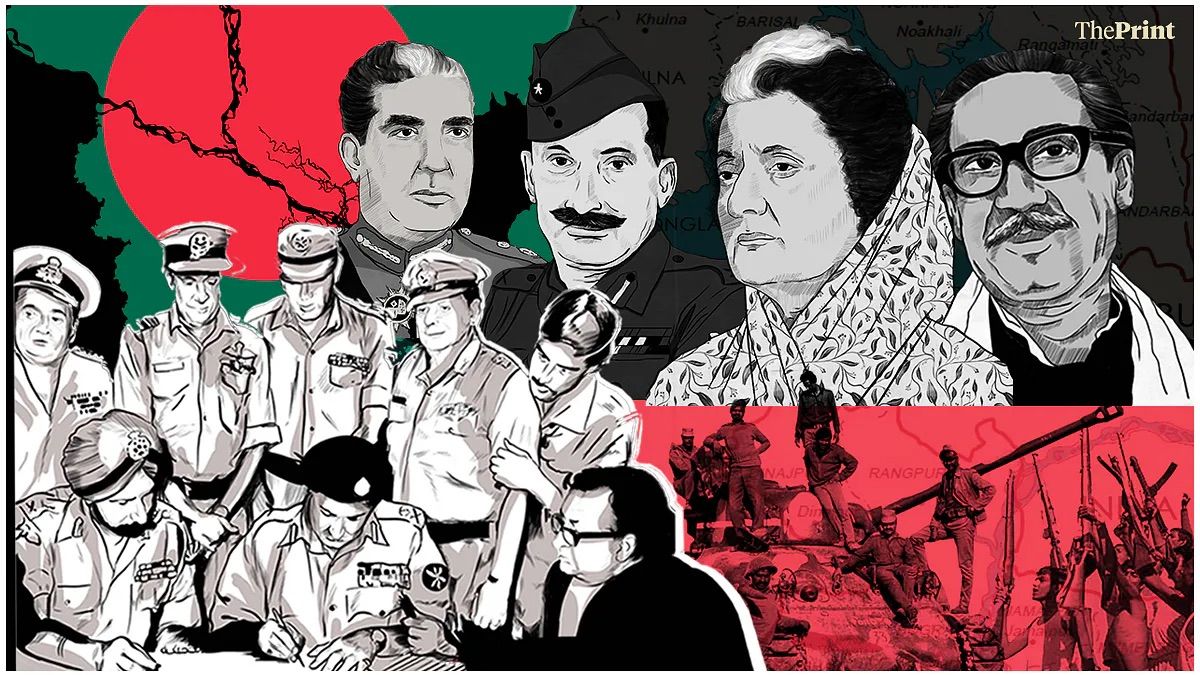VkdIndian
SENIOR MEMBER

- Joined
- Jan 6, 2021
- Messages
- 3,158
- Reaction score
- -6
- Country
- Location
Those “present day’s” suspicions were for 1950s. Many decades have passed since then. Had he written this book now, he would have said exactly the opposite in the light of Paksiatni transgressions of 1965, 1999 and support to insurgency in India.Pakistan’s suspicions of India in the light of present-day developments may have been justified...
Why didn’t you complete the sentence?"Basically the Commission was in full agreement with this Pakistani position",
“Basically the Commission was in full agreement with this Pakistani position, but its resolution was designed first to stop hostilities and later to negotiate.”
One member of the commission can keep having his personal ideas and biases. Tough luck.
There was no confusion. India accepted the UNCIP Resolutions. The basic stricture of resolutions didn’t have detailed process to implement them. The issues arose when nitty grittys of the implementation was being worked out and India realised that those weren’t to India’s liking.India, OTOH, rejected all UNCIP proposals even after accepting the UNCIP Resolutions. Hope that helps clear up your confusion
Hence, Indian stand of not moving further. India wasn’t there to mollify anyone.
I say again, if the events are documented today, Paksiatn will come out bigger violator of all UN resolutions, that, it so vociferously asking to be implemented. Josef’s hindsight was looking 20/20 when he wrote the book. But today that wouldn’t look anywhere close to 20/20.
Last edited:






